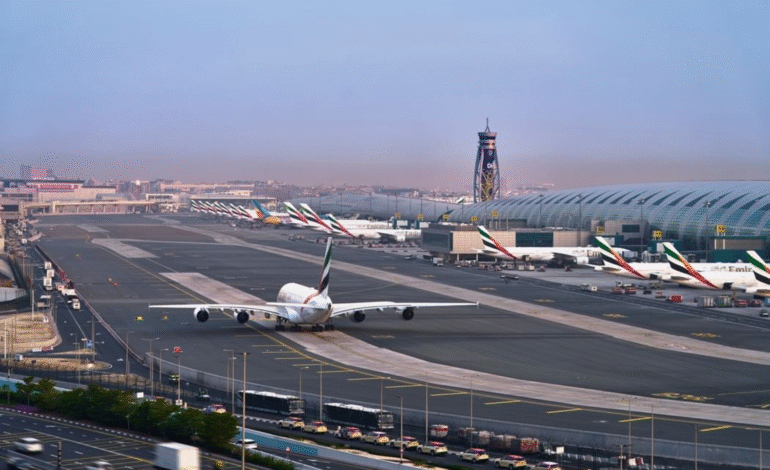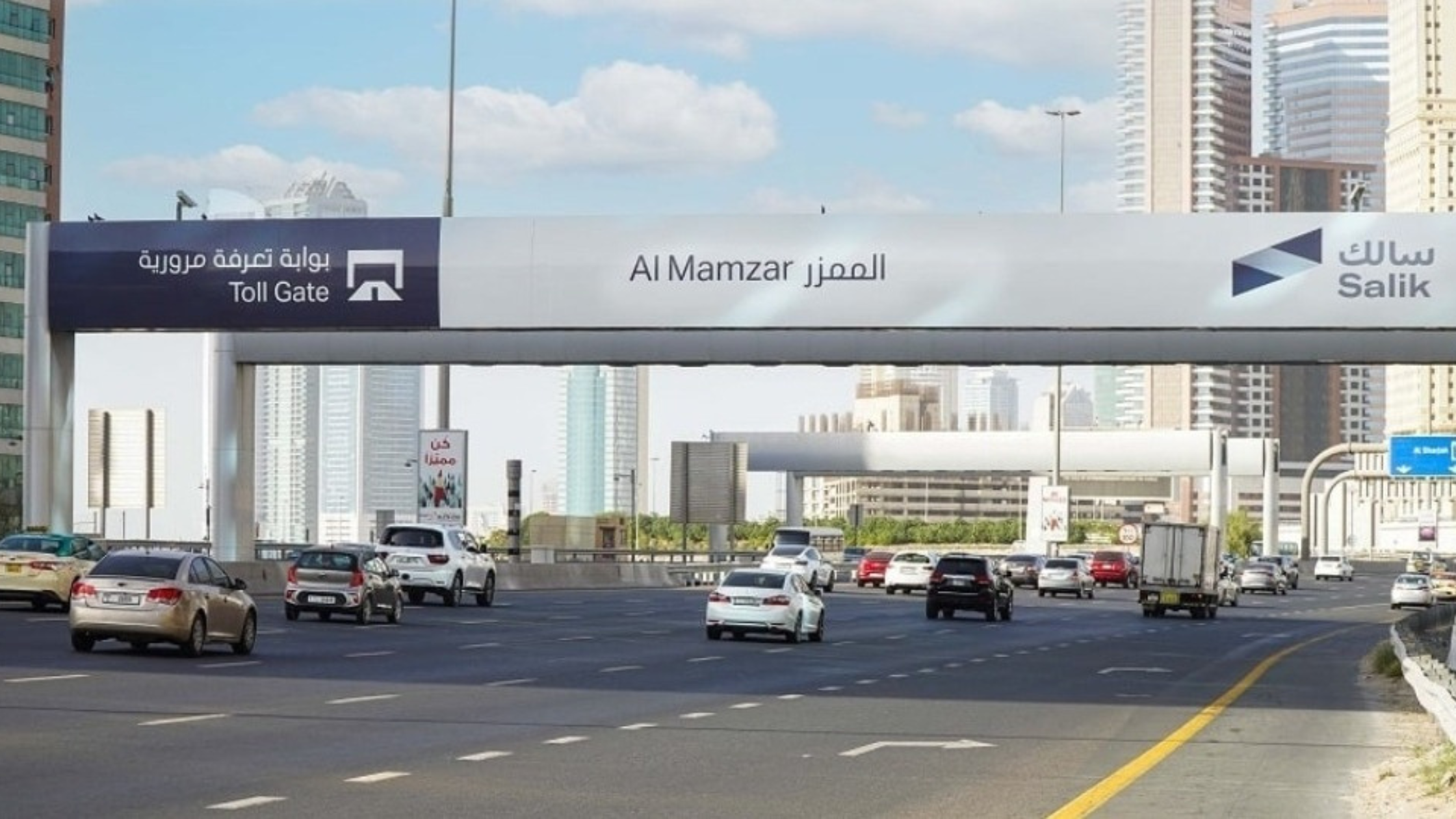UAE Airlines Halt Flights Amid Escalating Israel-Iran Military Conflict Tensions

The escalating confrontation between Israel and Iran has triggered widespread disruption across the Middle East, forcing airlines in the United Arab Emirates (UAE) to suspend numerous flights. Following a coordinated series of Israeli airstrikes targeting Iranian nuclear and military facilities, UAE carriers responded promptly by halting flights to several regional destinations. The decision underscores growing safety concerns amid rising geopolitical tensions and widespread airspace closures that are affecting international travel and global aviation operations.
UAE Airlines Act Quickly Amid Regional Instability
As tensions soared, UAE airlines took swift measures to prioritize the safety of passengers and crews. Emirates Airlines, a flagship carrier of the UAE, suspended flights to and from Iraq, Jordan, Lebanon, Iran, and Israel. These suspensions affected numerous flights scheduled across the weekend, as military strikes unfolded across the region. The cancellations highlight the severe threat level to aviation posed by the escalating military conflict.
Dubai International Airport confirmed disruptions across both DXB and DWC (Al Maktoum International Airport), where scheduled flights were either delayed or cancelled due to extensive airspace closures. Abu Dhabi’s Zayed International Airport also issued advisories, warning passengers of continued disruptions and encouraging them to check flight statuses directly with airlines before traveling to the airport.
Israeli Airstrikes Spark Airspace Closures Across the Region
The latest round of Israeli strikes targeted Iran’s critical military and nuclear facilities, resulting in multiple high-profile casualties. Among those reportedly killed were Iran’s armed forces’ chief of staff, leading members of the Revolutionary Guards, and prominent nuclear scientists. These strikes marked a significant escalation, further destabilizing the region and drawing neighboring countries into the growing crisis.
In rapid response, both Jordan and Iraq closed their airspace, grounding all flights. Jordan’s military reported that its defense forces successfully intercepted drones and missiles entering its airspace during Iran’s counteroffensive. Iraq followed suit, emphasizing its intent to protect national security and civilian aviation from potential threats stemming from the active conflict zones.
Rising Threats to Global Aviation in Middle East Airspace
The closure of multiple airspaces in key Middle Eastern countries has placed enormous strain on international air travel. Commercial aviation routes connecting Europe, Asia, and Africa frequently traverse the affected airspaces over Iran, Iraq, Jordan, and Syria. The sudden loss of access to these corridors has forced airlines to reroute flights, creating significant logistical challenges, higher operational costs, and extended flight durations.
UAE airlines acted quickly in response to these threats, prioritizing passenger safety as the region’s airspace became increasingly hazardous. The Israeli military confirmed that Iran launched approximately 100 drones in retaliation, further complicating flight safety and underscoring the unpredictable risks posed by the expanding military confrontation.
Israel’s Military Offensive Heightens Global Security Concerns
The Israeli military’s sweeping campaign was designed to strike Iranian military assets and nuclear development infrastructure, reflecting Israel’s long-standing strategic concerns regarding Iran’s expanding influence and nuclear ambitions. By eliminating senior Iranian military leaders and damaging key facilities, Israel aims to weaken Iran’s military capabilities and deter future aggression.
In response, Iranian leaders pledged retaliation “without limits,” signaling their intent to escalate the conflict if necessary. The threat of reciprocal military action has raised alarm across the international community, with fears mounting over the possibility of a wider regional conflict drawing in neighboring states and global powers.
UAE Aviation Faces Operational and Financial Impact
For the UAE, one of the world’s leading aviation hubs, the crisis presents serious operational and economic challenges. Dubai International Airport, Al Maktoum International Airport, and Abu Dhabi’s Zayed International Airport handle millions of passengers annually, connecting the UAE to major cities worldwide. The suspension of flights to destinations including Amman, Beirut, Damascus, Tehran, and Tel Aviv significantly disrupts this network.
The grounding of flights has left thousands of passengers stranded or forced to alter their travel plans. Airlines face mounting financial pressure due to flight cancellations, route adjustments, and operational delays as they adapt to the fluid situation. UAE authorities are closely monitoring developments to reassess safety measures and flight schedules as the conflict evolves.
Regional Airspace Closures Intensify Aviation Disruptions
The cascading effect of airspace closures has extended beyond the UAE, impacting the broader international aviation network. Many global airlines operating routes across the Middle East have been forced to modify flight paths, avoid restricted airspaces, or cancel flights entirely. This has led to significant delays and logistical complications for travelers and airlines worldwide.
The interconnected nature of global aviation makes such disruptions especially challenging, as even limited airspace closures can create bottlenecks that affect airline schedules, fuel consumption, and crew availability across multiple continents.
UAE Balances Diplomatic Relations Amid Rising Tensions
As the conflict intensifies, the UAE finds itself in a diplomatically sensitive position. Over recent years, the UAE has strategically developed relationships with both Israel and Iran, balancing diplomatic, economic, and security interests on multiple fronts. The escalating violence now places additional pressure on these carefully cultivated relationships.
UAE leaders continue to engage in diplomatic dialogues with international partners and regional stakeholders to maintain national security and contribute to de-escalation efforts. The suspension of flights reflects both a commitment to passenger safety and a cautious approach to the unfolding conflict.
Uncertainty Surrounds Future Air Travel Across the Region
The uncertainty surrounding future air travel remains a significant concern for passengers and airlines alike. UAE aviation regulators are conducting continuous safety assessments, while international authorities monitor military developments to determine when airspace restrictions can safely be lifted.
Business travelers, families, and tourists who depend on routes connecting the UAE with neighboring countries face ongoing unpredictability. Airlines, travel agencies, and corporate planners must manage cancellations, rescheduling, and alternative arrangements while preparing for potential further disruptions as hostilities continue.
Expanding Military Operations Increase Civil Aviation Risks
The scale of military engagement between Israel and Iran has led to heightened risks for civil aviation throughout the region. The reported launch of approximately 100 Iranian drones targeting Israel underscores the volatility of the airspace. The proliferation of missile systems, air defense deployments, and active military operations near commercial flight routes elevates the risk of accidental strikes or miscalculations involving civilian aircraft.
Regional defense systems remain on high alert, raising concerns that inadvertent incidents could further escalate tensions. Ensuring civilian flight safety in an environment of escalating military activity remains a critical challenge for all involved nations.
Global Diplomacy Intensifies Amid Escalation Threat
The rapidly evolving conflict has prompted urgent calls for de-escalation from global leaders and organizations. The United Nations, European Union, and major powers including the United States, Russia, and China have urged Israel and Iran to exercise restraint and seek peaceful resolutions. Diplomatic officials warn that further hostilities could destabilize not only the Middle East but also global security and economic stability.
The UAE, recognized for its active role in regional diplomacy, may serve as a key mediator in future negotiations aimed at defusing tensions. However, the deeply entrenched nature of the current conflict presents formidable obstacles to achieving a lasting resolution.
Oil Markets React to Middle East Military Conflict
The military conflict between Israel and Iran has reverberated beyond the battlefield, affecting global financial markets and energy prices. As two key oil-producing regions face growing instability, traders have closely watched developments for signs of potential disruptions to energy supplies.
Oil prices have experienced fluctuations as investors respond to concerns that conflict in the region could impact vital shipping routes, including the Strait of Hormuz. This strategic waterway handles a significant portion of global oil exports, and any threats to its security could result in substantial consequences for global energy markets and pricing.
UAE Authorities Maintain Vigilant Monitoring and Preparedness
The UAE government remains highly vigilant, continuously monitoring the evolving situation and implementing contingency measures to protect its citizens, infrastructure, and national interests. Aviation authorities and national security agencies are on heightened alert, conducting real-time assessments of flight safety and regional airspace conditions.
Airlines continue to adjust routes and schedules as developments unfold, working closely with international aviation bodies to ensure safe travel for passengers while minimizing disruptions. The UAE’s leadership remains committed to balancing national security with its position as a global aviation and trade hub.








1 Comment
[…] already tense and volatile situation between Israel and Iran has intensified further, with Tehran issuing stark warnings about the potential for an […]
Comments are closed.